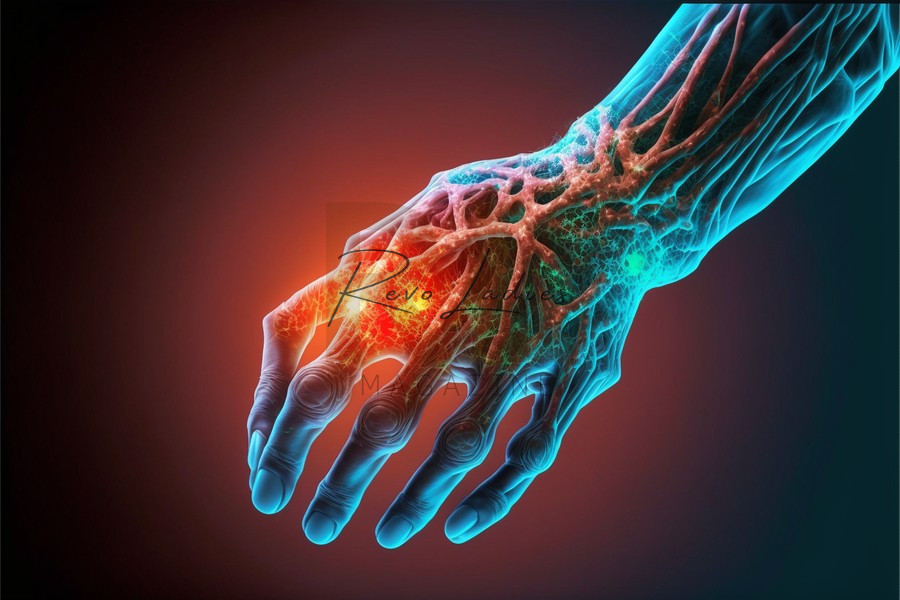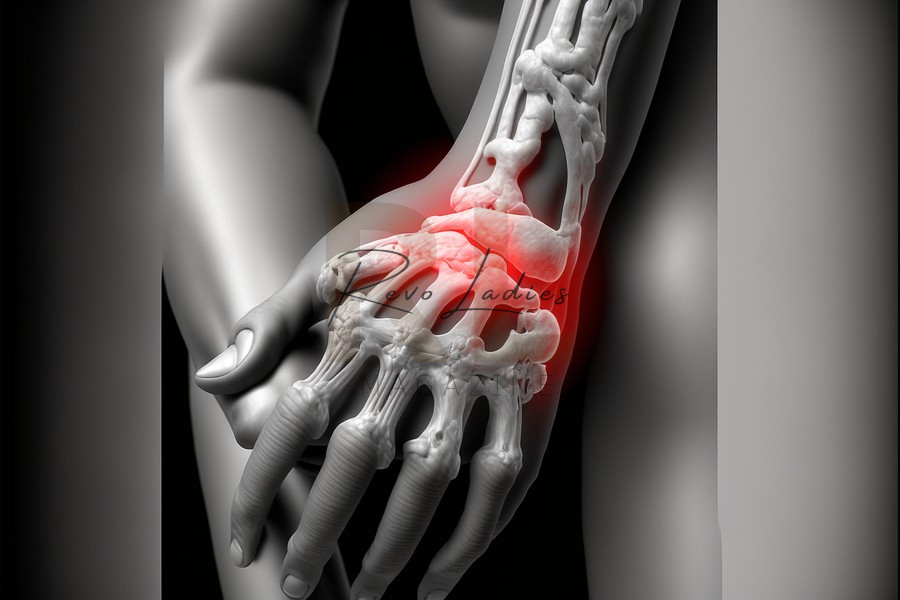Arthritis is a condition that affects millions of people, and it can be difficult to manage the pain and discomfort that comes with it. This article provides a comprehensive guide to taking control of your arthritis pain. We’ll cover working with your doctor, finding support, and using supplements to improve your symptoms. We’ll also discuss the importance of knowing your limits and dealing with the emotional impact of arthritis.
Checking in with Your Doctor: Understanding Vitamins and Medications
When it comes to managing arthritis pain, one of the first steps is to check in with your doctor. They will be able to provide you with personalized advice on which vitamins and medications may be most beneficial for you. For example, there are multiple conflicting studies associated with different vitamins, so it’s important to make sure you’re taking the ones that will be most effective for your body. Your doctor will also be able to advise you on the appropriate dosage and frequency of any vitamins or supplements you may be considering.
Finding Support: Dealing with the Emotional Impact of Arthritis
Arthritis can be a challenging condition to live with, and it can take a toll on both your physical and emotional well-being. That’s why it’s important to find support from others who understand what you’re going through. Joining a support group can be a great way to connect with others who are dealing with similar challenges, and to find practical tips and strategies for coping. Additionally, talking to a licensed therapist or counselor can help you come to terms with your condition and lead your life in a more productive and happy way.
Supplementing Your Treatment: Glucosamine and Other Options
Along with any medications or vitamins prescribed by your doctor, there are other supplements that may help alleviate arthritis pain. Glucosamine, for example, is a supplement that is made from the shells of lobsters, crabs, and shrimp, and is believed to help ease pain in the joints, particularly in people who suffer from arthritis in the knees. Another popular supplement for arthritis is turmeric, which is a natural anti-inflammatory. It’s important to note that supplements should not replace any medications prescribed by your doctor, and should be used in conjunction with other treatments.

“Knowing Your Limits: Maintaining Balance and Safety”
Living with arthritis can be challenging, and it’s important to take steps to protect your joints and your overall well-being. One important aspect of this is knowing your limits and not pushing yourself too hard. This might mean setting boundaries for yourself and not attempting activities that may be too strenuous, or it could mean taking frequent breaks when engaging in activities that require repetitive movements. By taking care to not overdo it, you can help to prevent further damage to your joints and reduce the risk of injury.
Another important aspect of maintaining balance and safety is seeking assistance when needed. Whether you need help with household tasks or need someone to accompany you on an outing, don’t be afraid to ask for help. This can help to alleviate stress on your joints and can also provide a sense of support and companionship.
It’s also important to practice good posture and body mechanics when engaging in activities. This can help to reduce the strain on your joints and prevent further damage. For example, when lifting heavy objects, it’s important to bend your knees and use your leg muscles rather than your back. This can help to reduce the stress on your spine and joints.
In addition to physical safety, it’s also important to prioritize your mental and emotional well-being. This might mean taking time for yourself to engage in activities that bring you joy, such as reading or listening to music. It could also mean seeking out support from friends and family, or seeking professional counseling.
Dealing with Depression: Understanding the Link to Arthritis
Living with a chronic condition like arthritis can take a toll on one’s mental health. It’s not uncommon for individuals with arthritis to experience feelings of depression and anxiety. This can be due to the physical limitations and pain associated with the condition, as well as the emotional toll of dealing with a chronic illness.
It’s important to understand that depression is a common complication of arthritis and that it’s nothing to be ashamed of. If you’re feeling down, it’s important to reach out for help. This can include talking to a therapist or counselor, joining a support group, or even just confiding in a trusted friend or family member. It’s also important to be aware of the signs of depression, such as feelings of hopelessness or loss of interest in activities you once enjoyed.
Dealing with Depression: Understanding the Link to Arthritis
While the physical symptoms of arthritis can be difficult to deal with, the emotional toll of the condition can be just as challenging. Many people with arthritis experience feelings of depression and isolation, and it’s important to understand that this is a common complication of the condition.

One way to address these feelings is by seeking out support from others who are going through similar experiences. Joining a support group for people with arthritis can be a great way to connect with others who understand what you’re going through and offer valuable advice and encouragement.
In addition to support groups, therapy can also be a helpful tool for dealing with the emotional impact of arthritis. A therapist or counselor can help you work through any feelings of hopelessness or helplessness, and provide you with coping strategies to help you manage the condition.
Medications can also play a role in addressing depression related to arthritis. Antidepressant medications can be effective in treating depression, and your doctor may also recommend therapy or counseling to help you manage your emotions.
It’s important to remember that depression is a treatable condition and that there are many resources available to help you manage your symptoms. By seeking out support and working with your doctor, you can find ways to cope with the emotional impact of arthritis and live a full and fulfilling life.
In conclusion, living with arthritis can be a challenging experience, but by following these tips and tricks, you can take control of your condition and improve your symptoms. From checking in with your doctor and understanding the role of vitamins and medications, to finding support and supplementing your treatment, there are many ways


